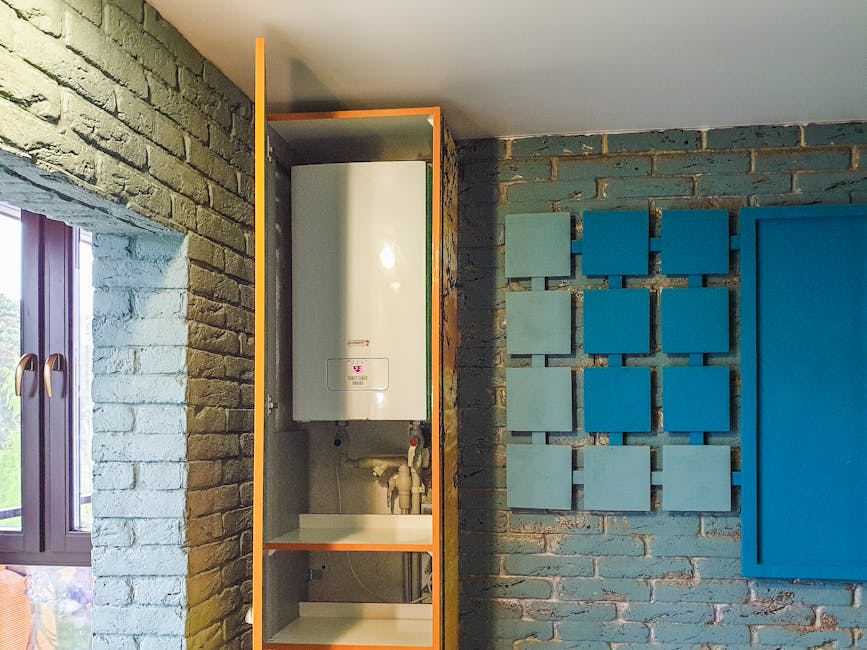Septic tanks are essential to our homes, although most will prefer not to discuss them. You may have stumbled upon those fancy septic tank additives promising to work miracles. But before you whip out your wallet, read this article to the end to learn more about additives to make the best decision.
Are Additives Worth the Buzz?
Well, these little bottles of magic claim to revolutionize your septic system, promising benefits that can make you raise an eyebrow. They boast about breaking down waste faster. They swear they’ll eliminate odors like a can of air freshener.
Also, addictive adverts claim to introduce beneficial enzymes, bacteria, or chemicals that aid in the decomposition process, potentially leading to improved system performance.
Imagine waving goodbye to those occasional blockages that turn your bathroom into a not-so-pleasant space. Some studies suggest that these additives can be beneficial, while others give them a resounding thumbs down.
Advantages and Disadvantages of Septic Tank Additives
Let’s be honest here. Life is busy, and septic system maintenance needs to be added to our priority list. That’s where these additives come in, flaunting their convenience. Just pour it in, kick back, and let the magic happen. However, additives should never substitute for regular maintenance, like pumping your tank or calling professionals to inspect it thoroughly.
Despite the potential benefits, there are limitations associated with septic tank additives. One critical aspect is the need for more scientific agreement on the effectiveness of different claims. While some studies say they are the best, others report minimal impact on septic system performance.
Furthermore, additives introduce beneficial microorganisms; some formulations may harm the essential bacteria responsible for the waste breakdown. This can lead to imbalances within the septic tank, affecting its function and eventually damaging it.
It Goes Beyond Human Waste
Septic systems have the primary purpose of handling human waste efficiently. Each time you flush, the natural addition of bacteria aids in the breakdown process. However, it’s essential to recognize that your septic tank deals with more than just human waste.
Two primary wrongdoers behind most septic tank issues are flushing down substances that shouldn’t be added and ignoring regular sludge removal.
If you add too many substances that are not supposed to go into septic tanks, you will most likely experience problems. Issues can occur when excessive quantities of cooking oils, kitchen grease, cleaning chemicals, laundry products, or sanitary items are flushed or poured down the drain.
In summary, should you buy septic tank additives or not? Well, the choice is yours; while additives may hold some promise, it’s crucial to approach them with caution. Don’t get caught up in the hype, and hope for a quick fix.
Do your research, consult the experts, and remember that maintaining a healthy septic system requires more than just a magical potion in a bottle.
Your best bet is to focus on regular maintenance, responsible water usage, and periodic professional inspections at Countryside Sewer & Septic. Treat your septic system carefully, and it will reward you with years of trouble-free operation.
Contact Countryside Sewer and Septic today for your septic and plumbing needs.
Flexible Financing Options
Get the service you need now pay over time with easy, affordable financing plans.

Blogs


Libertyville's Lifesavers: Your Go-To Guide for Emergency Plumbing


